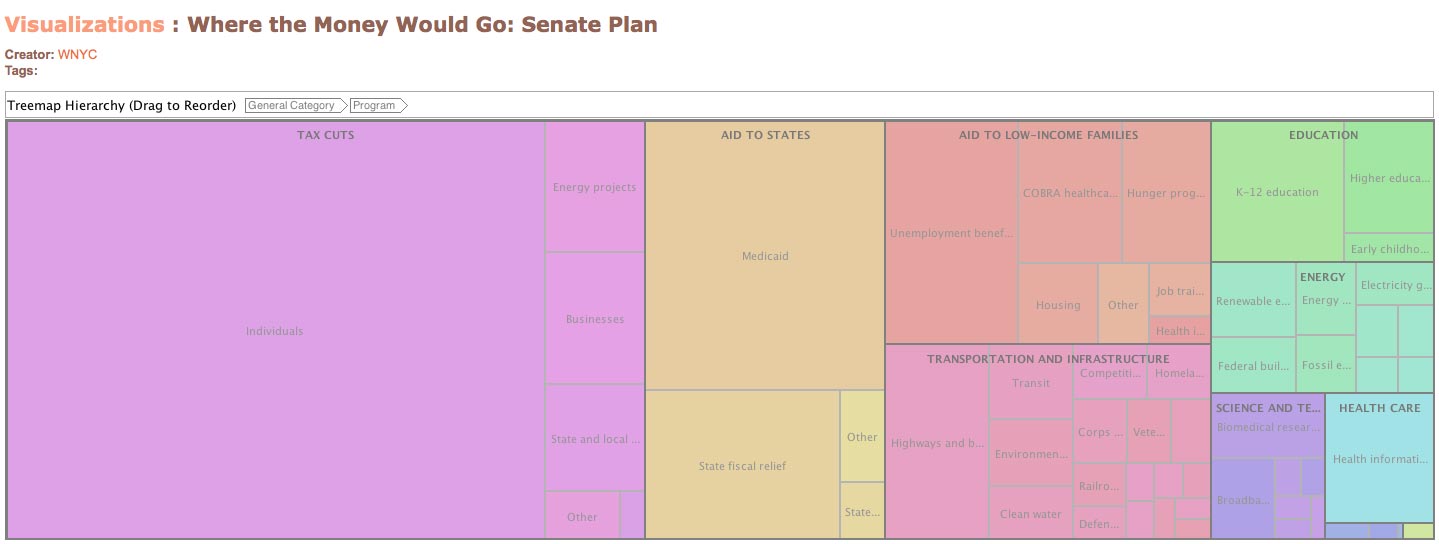Guardian.co.uk will be available as a new mobile site from March, a release from the publisher has confirmed.
Specific versions of m.guardian.co.uk will be available for iPhone and Blackberry handsets will be released. The decision to launch a dedicated mobile site follows growing mobile traffic to the Guardian, Adam Freeman, commercial director, said in the statement.
Distribution deals for mobile content have been signed with 3 and Vodafone. The site itself will be ad-supported.
Meanwhile the Daily Mail is planning to make its content available on the US version of Amazon’s Kindle e-reader, according to a report from NMA – part of a push to capitalise on the Mail’s growing US audience. The site previously told Journalism.co.uk that its commercial focus remains on the UK, but perhaps this marks the beginnings of an overseas push.
